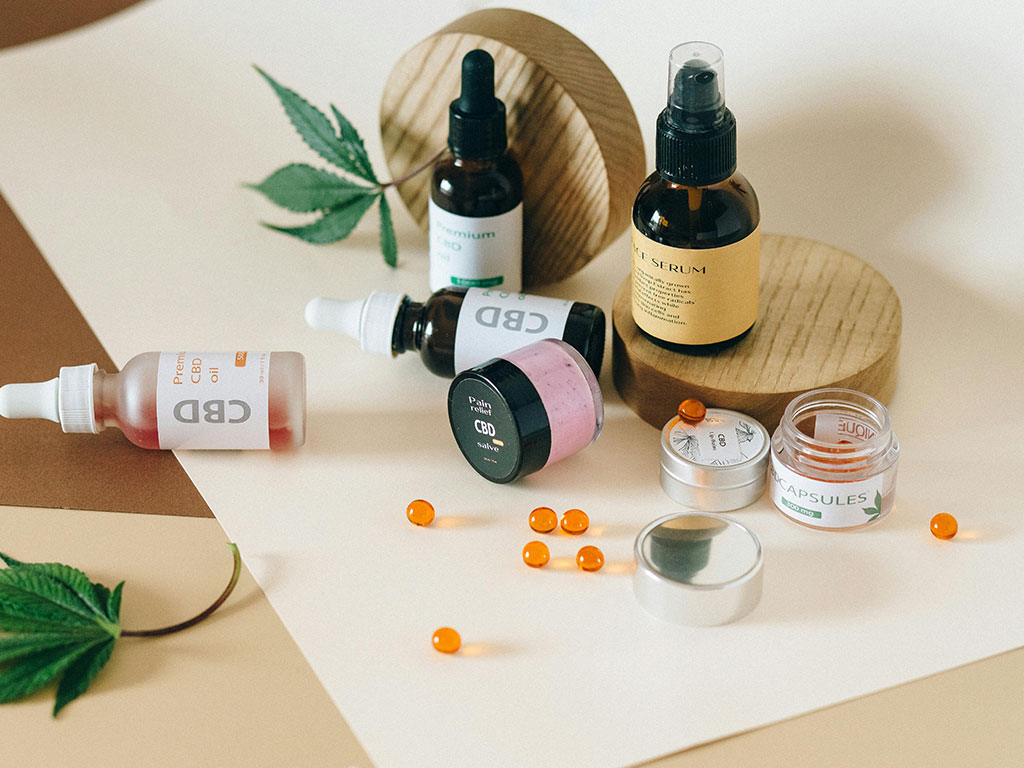We’ve all been there—feeling run down with a cold, battling a headache, or dealing with a pesky digestive issue. The first thought might be to pop a pill, but what if nature already has the answer? From grandma’s herbal tea to essential oil blends, natural remedies have been passed down through generations, and many work!
Let’s examine some of the most common health issues and explore how nature can help you feel better faster.
The Common Cold: Nature’s Antidote

Sniffling, sneezing, and that all-too-familiar tickle in your throat—yep, it’s the dreaded common cold. While over-the-counter meds can mask symptoms, natural remedies work with your body to fight off the virus.
Elderberry Syrup: Boost Your Immune System
Elderberry has been used for centuries to treat colds and flu. But is it legit? According to a study published in the Journal of International Medical Research, elderberry can reduce the duration of cold symptoms by about four days! How? Elderberries contain antioxidants and vitamins, especially vitamin C, which boost your immune system. You can either buy elderberry syrup or make your own by simmering elderberries, honey, and water.
Here’s a simple recipe:
- Ingredients: 1 cup of dried elderberries, 4 cups of water, 1 cup of honey
- Instructions: Simmer the elderberries in water for 45 minutes. Strain, let cool, and mix in the honey. Take a tablespoon daily when you feel a cold coming on.
Ginger Tea: A Warming Relief
Feeling chilled to the bone when you have a cold? Ginger tea can help warm you up and ease your symptoms. Ginger is a natural anti-inflammatory and can help reduce throat irritation. It also has antiviral properties, meaning it can help fight the cold virus directly. Simply slice fresh ginger and steep it in hot water for 10 minutes. Add honey and lemon for extra soothing benefits.
Headaches: Easing the Pressure Naturally
We all know the pounding, relentless feeling of a headache—whether it’s from stress, dehydration, or staring at a screen for too long. Before reaching for the aspirin, consider these natural alternatives.
Peppermint Oil: Nature’s Painkiller

Peppermint oil is one of the most popular natural remedies for headaches. The menthol in peppermint oil helps relax muscles and ease tension, making it great for tension headaches. Studies published in the American Family Physician Journal have shown that peppermint oil applied to the temples can relieve headaches just as effectively as over-the-counter pain meds.
To use:
- Dilute a few drops of peppermint oil with a carrier oil like coconut or almond oil. Rub it into your temples and the back of your neck when you feel a headache coming on.
Magnesium: A Nutrient Your Brain Loves
One surprising cause of frequent headaches could be a magnesium deficiency. Magnesium plays a role in over 300 biochemical reactions in the body, including muscle relaxation and nerve function. A study in The Journal of Headache and Pain showed that people who took magnesium supplements experienced fewer and less severe headaches. You can boost your magnesium intake naturally by eating foods like spinach, almonds, and avocado, or consider a supplement.
Digestive Issues: Soothe Your Stomach Naturally

Whether it’s indigestion, bloating, or a full-on upset stomach, digestive issues can throw you off your game. Luckily, natural remedies can provide relief without harsh side effects.
Peppermint Tea: Calm the Storm
Peppermint isn’t just great for headaches—it’s also a digestive superstar. The menthol in peppermint has been shown to relax the muscles in your digestive tract, easing bloating, gas, and indigestion. A study in Alimentary Pharmacology & Therapeutics found that peppermint oil was highly effective in reducing symptoms of irritable bowel syndrome (IBS).
To use:
- Brew fresh peppermint leaves in hot water for 5-10 minutes. Drink after meals to prevent indigestion.
Ginger: Your Gut’s Best Friend
We already mentioned ginger for colds, but it’s also a fantastic remedy for nausea and other digestive problems. Ginger’s anti-inflammatory properties soothe the digestive system and can help speed up the emptying of the stomach, reducing discomfort. It’s particularly effective for nausea caused by motion sickness or pregnancy.
To use:
- Grate fresh ginger into hot water to make a simple tea, or add ginger powder to your smoothies for a daily gut boost.
The Science Behind These Remedies
While natural remedies have been around for centuries, modern science is now catching up to validate their effectiveness. Elderberry, for instance, has been extensively studied for its immune-boosting properties. A 2019 review of studies in the Journal of Functional Foods found that elderberry not only shortened the duration of colds but also helped reduce the severity of symptoms.
Similarly, peppermint oil has been shown to have real, measurable effects on headaches and digestive health. A study published in The American Family Physician reported that peppermint oil applied topically could relieve headache pain as quickly as common over-the-counter medications.
When to Seek Professional Medical Help

Natural remedies can be a great first line of defense, but knowing when to go to the doctor is just as important. If you’re experiencing persistent or severe symptoms, it’s always better to get checked out by a professional.
- For colds: If your cold lasts more than 10 days, or if you develop a high fever, shortness of breath, or chest pain, seek medical help.
- For headaches: If your headaches are sudden, severe, or accompanied by other symptoms like vision problems or numbness, it’s time to see a doctor.
- For digestive issues: If you’re experiencing persistent nausea, vomiting, or severe abdominal pain, these could be signs of a more serious condition like an ulcer or gallstones.
Expert Opinions on Natural Remedies
Dr. Emily Reed, a naturopathic doctor, says, “Natural remedies can be highly effective when used correctly. Many of these treatments have been backed by research, but it’s always important to use them as part of a holistic approach to health. That means balancing a healthy diet, regular exercise, and, when necessary, modern medicine.”
On the other hand, Dr. Alan Michaels, a family physician, cautions, “While natural remedies are often safe, they’re not a substitute for professional medical advice. It’s important to know when to use them and when to seek medical help, especially for more serious conditions.”




Leave a Comment